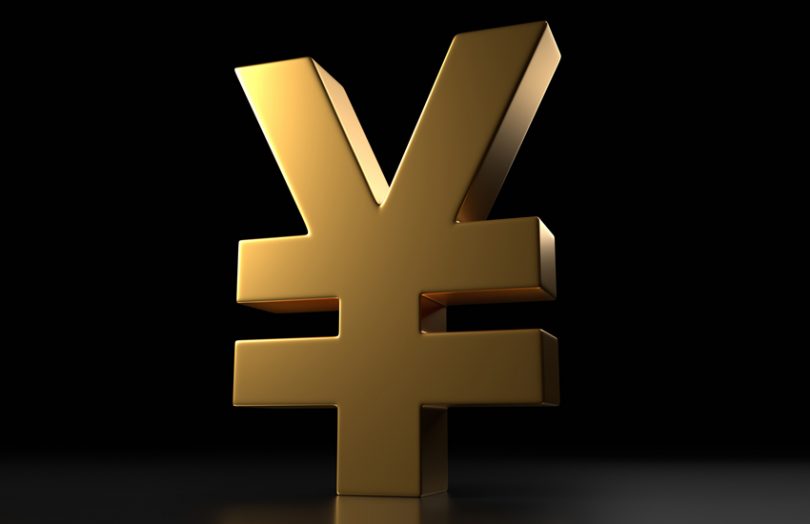Yesterday at the Digital China Summit, several corporates involved in China’s central bank digital currency (CBDC) outlined their work. One of the most eye-catching was e-commerce giant JD.com which demonstrated how the digital yuan could move seamlessly between organizations and networks. One of the stated objectives of the e-CNY project is to provide interoperability between mobile payment solutions such as Ant’s Alipay and Tencent’s WeChat Pay.
Last March, JD Technology launched a solution Yiqipay – easy enterprise payment – for B2B payments which now supports the digital RMB. It enabled interbank payments to suppliers by using the digital yuan. JD had a digital wallet with the Bank of Communications and its counterparty, Ziguang Digital, received e-CNY through its digital wallet linked to the Bank of China.
Additionally, JD.com Staff in certain regions could receive their wages in digital yuan. Those regions, Shanghai, Shenzhen, Chengdu, Changsha, and Xi’an, are where digital currency pilots are advancing. The staff could either spend the money or transfer it to their bank accounts. To run the pilot salaries, the world’s largest bank, ICBC, upgraded its bank account payroll system to support the digital yuan.
“JD Technology will continue to combine strengths in the supply chain, omni-channel scenarios, advanced technology and client service experience to contribute more to the DC/EP ecosystem,” said Fei Peng, head of the DC/EP program at JD Technology
JD.com was the first online outlet allowed to accept the digital currency for payment, and local governments mentioned its online store in most of the early currency trials. That’s despite Ant’s Alipay and Tencent being involved in the early development of the digital currency. And it may be related to the ongoing antitrust investigations which forced Ant to withdraw its IPO.
At the summit, Ant said its first digital yuan activities were in 2017 and Tencent in February 2018.
Huawei also showed off its phones that support the digital currency and work it’s doing to support car door locks and charging points, amongst others. Some of its work is more focused on the internet of things (IoT). The company also recently acquired a payments license.
Elsewhere it was reported that at the Summit, Di Gang, Deputy Director of the Central Bank’s Digital Currency Research Institute, said that the digital yuan is legal tender and cannot be refused. However, there are some conditions associated with accepting it, which depends on the size of the transaction and level of KYC. Based on previous reports, we suspect if someone accepts physical cash only, at this stage, they don’t have to accept the electronic version. But that’s more likely to be the case in remote areas.






